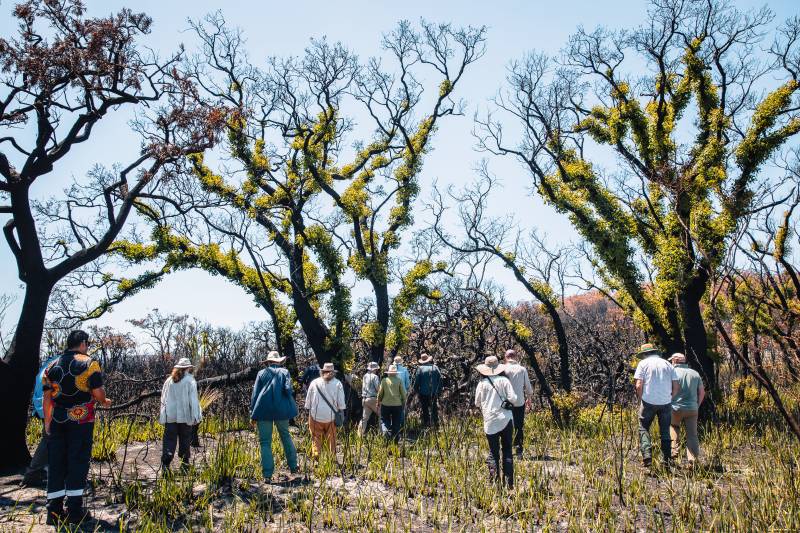Higher Degree by Research Application Portal
| Title | Floristic communities and plant fire responses under global warming in southern forest peatlands |
|---|---|
| Supervisor | Prof Stephen Hopper |
| Keywords | Flora |
| Fire | |
| Global Warming | |
| Peatlands | |
| Research area | Environmental Sciences |
| Biological Sciences | |
| Project description | Peatlands are the biodiversity jewels in southern forests of western Australia, often island like, and rich in endemic vulnerable species of plants and animals. They also provide habitat for Gondwanan relict taxa such as the Albany Pitcher Plant (Cephalotus folicularis). As yet a floristic inventory of peatland floristic communities has been undertaken only in the Albany District Vegetation Survey. Some work on peatlands occurred under Grant Wardell Johnson’s research on the Tingle Mosaics near Walpole, but otherwise information is limited to herbarium collections gathered on an ad hoc basis. Given recent attention on the devastating impact of fire on peatland communities in the Walpole Wilderness, where up to a metre of peat formed over up to 10,00 years has been lost, this project aims to systematically sample peatlands across southern forests and document community biogeography. This will help identify priority peatlands for conservation from a floristic perspective. The project will also work on the fire responses of selected plant species, particularly those vulnerable to global warming impacts. This exciting PhD is an essential precursor to devising prescribed burning fire regimes today and into the future. As such, it will contribute to an essential knowledge base being documented over five years under the Ian Potter foundation funded PEAT project. Opportunities to work on peatlands in large multidisciplinary teams, and with Noongar Elders and Rangers, are available for the PhD candidate. |
| Opportunity status | Open |
| Open date | 01 Jan 2024 |
| Close date | 31 Oct 2024 |
| Funding source | Ian Potter Foundation |
| Contact | This interdisciplinary project is hosted by School of Biological Sciences principal supervisor Professor Stephen Hopper AC (UWA). Interested applicants are encouraged to contact the first principal supervisor Professor Stephen Hopper at steve.hopper@uwa.edu.au for more information. Please include a cover letter describing your interest in the field, CV, publications, an academic transcript, relevant supporting documents of prior research, and the names and contact details of two potential referees. |
| Additional information | Prospective candidates should have Masters or Honours degree (first class or equivalent) that includes botanical survey and/or fire ecology. Good interpersonal communication and the ability to work as part of a multidisciplinary team will be expected from the candidate. The ability for independent, organized work and advanced communication skills in English (oral and written) are also essential. |
Guidance
